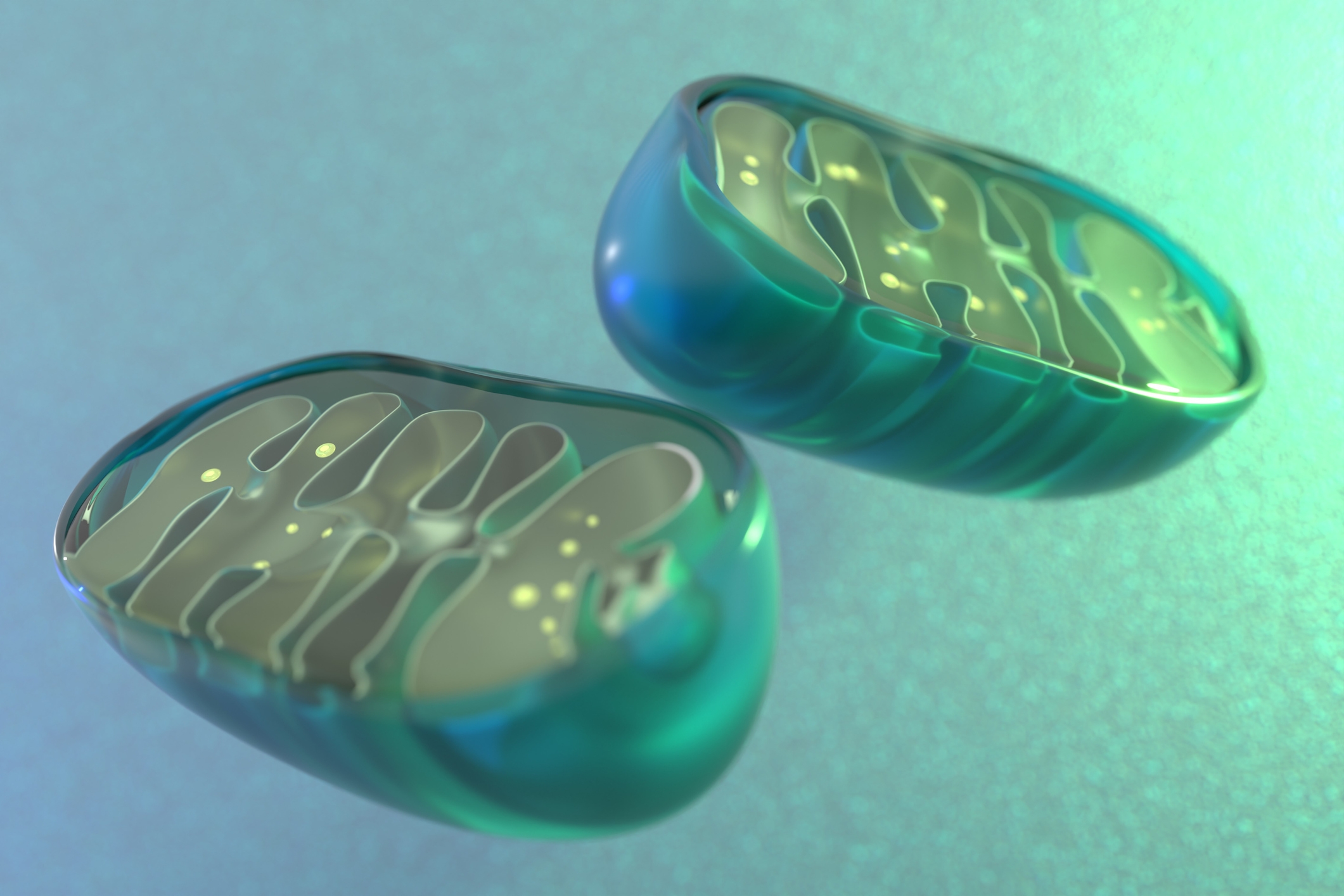2023-11-08 カリフォルニア大学サンタバーバラ校(UCSB)

◆研究は、潜在的に有害な細胞を「キルスイッチ」として機能する生物学的機械が、がん化する細胞を除去するだけでなく、ミトコンドリアの欠陥DNAも除去することを示しています。
◆研究者らは、細胞を殺す酵素が、損傷したミトコンドリアDNAを除去するためにも必要であることを発見しました。
<関連情報>
- https://news.ucsb.edu/2023/021259/zen-and-art-mitochondrial-maintenance-machinery-death-makes-healthier-life
- https://elifesciences.org/articles/79725
線虫におけるミトコンドリアDNAの欠損蓄積と伝達のプログラム細胞死と老化経路による制御 Regulation of defective mitochondrial DNA accumulation and transmission in C. elegans by the programmed cell death and aging pathways
Sagen Flowers,Rushali Kothari,Yamila N Torres Cleuren,Melissa R Alcorn,Chee Kiang Ewe,Geneva Alok,Samantha L Fiallo,Pradeep M Joshi ,Joel H Rothman
eLife Published:October 2, 2023
DOI:https://doi.org/10.7554/eLife.79725
Abstract
The heteroplasmic state of eukaryotic cells allows for cryptic accumulation of defective mitochondrial genomes (mtDNA). ‘Purifying selection’ mechanisms operate to remove such dysfunctional mtDNAs. We found that activators of programmed cell death (PCD), including the CED-3 and CSP-1 caspases, the BH3-only protein CED-13, and PCD corpse engulfment factors, are required in C. elegans to attenuate germline abundance of a 3.1-kb mtDNA deletion mutation, uaDf5, which is normally stably maintained in heteroplasmy with wildtype mtDNA. In contrast, removal of CED-4/Apaf1 or a mutation in the CED-4-interacting prodomain of CED-3, do not increase accumulation of the defective mtDNA, suggesting induction of a non-canonical germline PCD mechanism or non-apoptotic action of the CED-13/caspase axis. We also found that the abundance of germline mtDNAuaDf5 reproducibly increases with age of the mothers. This effect is transmitted to the offspring of mothers, with only partial intergenerational removal of the defective mtDNA. In mutants with elevated mtDNAuaDf5 levels, this removal is enhanced in older mothers, suggesting an age-dependent mechanism of mtDNA quality control. Indeed, we found that both steady-state and age-dependent accumulation rates of uaDf5 are markedly decreased in long-lived, and increased in short-lived, mutants. These findings reveal that regulators of both PCD and the aging program are required for germline mtDNA quality control and its intergenerational transmission.


